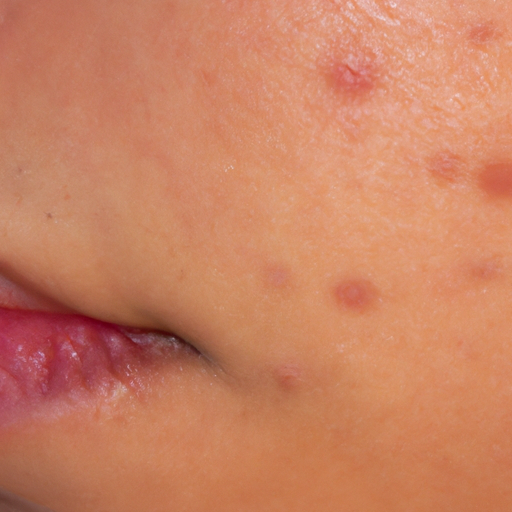As a medical professional, I have seen countless patients struggle with acne, a common skin condition that affects nearly 85% of people at some point in their lives. Acne is not just a cosmetic issue; it can significantly impact a person’s self-esteem and overall quality of life. Unmasking clear skin is a journey that requires patience, consistency, and a comprehensive understanding of the condition. This article aims to provide you with an ultimate guide to winning the battle against acne.
Acne is a skin condition that occurs when your hair follicles become plugged with oil and dead skin cells. It often causes whiteheads, blackheads, or pimples, and usually appears on the face, forehead, chest, upper back, and shoulders. Various factors contribute to its development including hormones, diet, stress, and certain medications.
The first step in winning the battle against acne is understanding your skin type. Skin types are generally categorized into five types: normal, dry, oily, combination, and sensitive. Each skin type requires different care and responds differently to acne treatments. For example, oily skin produces excess sebum which can lead to clogged pores and acne. On the other hand, dry skin may be more prone to inflammation and irritation.
Next, it’s crucial to establish a consistent skincare routine. This should include cleansing, toning, moisturizing, and applying sunscreen. Cleansing helps remove excess oil and dirt from your skin. Toning balances your skin’s pH levels and prepares it for moisturizing. Moisturizing keeps your skin hydrated and prevents it from producing excess oil. Lastly, applying sunscreen protects your skin from harmful UV rays that can exacerbate acne and cause other skin issues.
In addition to a regular skincare routine, it’s important to incorporate products with active ingredients that target acne. These include salicylic acid, benzoyl peroxide, retinoids, and sulfur. Salicylic acid and benzoyl peroxide work by reducing inflammation and killing bacteria that cause acne. Retinoids help unclog pores and reduce acne scars, while sulfur dries out the skin and absorbs excess oil. Always remember to introduce new products gradually and monitor your skin’s reaction to avoid irritation.
Diet also plays a significant role in skin health. Consuming a balanced diet rich in fruits, vegetables, lean proteins, and whole grains can help maintain healthy skin. Foods high in omega-3 fatty acids, such as fish and walnuts, are particularly beneficial as they have anti-inflammatory properties. Conversely, foods high in refined sugars and dairy products may trigger or worsen acne in some individuals.
Stress management is another crucial aspect of acne control. Chronic stress can trigger hormonal changes that lead to increased oil production and inflammation, thereby exacerbating acne. Regular exercise, adequate sleep, and relaxation techniques such as meditation and yoga can help manage stress levels.
Lastly, it’s important to seek professional help if your acne persists despite your efforts. Dermatologists can provide personalized treatment plans based on your skin type, acne severity, and overall health. This may include prescription medications, chemical peels, or even laser treatments.
Winning the battle against acne is not an overnight process. It requires patience, consistency, and a holistic approach that includes proper skincare, a balanced diet, stress management, and professional help when needed. Remember that everyone’s skin is unique and what works for one person may not work for another. The journey to clear skin is a personal one, but with the right knowledge and tools, it is certainly achievable.
Unmasking Clear Skin: Your Ultimate Guide to Winning the Battle Against Acne



